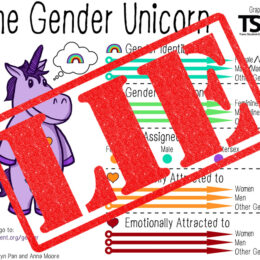WorldNetDaily.com December 20, 2005
Court whacks civil-liberties group, OKs Ten Commandments display
A U.S. appeals court today upheld the decision of a lower court in allowing the inclusion of the Ten Commandments in a courthouse display, hammering the American Civil Liberties Union and declaring, “The First Amendment does not demand a wall of separation between church and state.”
Attorneys from the American Center for Law and Justice successfully argued the case on behalf of Mercer County, Ky., and a display of historical documents placed in the county courthouse. The panel voted 3-0 to reject the ACLU’s contention the display violated the Establishment Clause of the Constitution.
The county display the ACLU sued over included the Ten Commandments, the Mayflower Compact, the Declaration of Independence, the Magna Carta, the Star Spangled Banner, the national motto, the preamble to the Kentucky Constitution, the Bill of Rights to the U. S. Constitution and a picture of Lady Justice.
Writing for the 6th Circuit Court of Appeals, Judge Richard Suhrheinrich said the ACLU’s “repeated reference ‘to the separation of church and state’ … has grown tiresome. The First Amendment does not demand a wall of separation between church and state.”
Suhrheinrich wrote: “The ACLU, an organization whose mission is ‘to ensure that … the government [is kept] out of the religion business,’ does not embody the reasonable person.”
The court said a reasonable observer of Mercer County’s display appreciates “the role religion has played in our governmental institutions, and finds it historically appropriate and traditionally acceptable for a state to include religious influences, even in the form of sacred texts, in honoring American traditions.”
Francis J. Manion, counsel for the ACLJ, argued the case before both the 6th Circuit and the U.S. District Court for the Eastern District of Kentucky.
“This is a big victory for the people of Mercer County and Kentucky generally,” Manion said. “For too long they have been lectured like children by those in the ACLU and elsewhere who claim to know what the people’s Constitution really means. What the 6th Circuit has said is that the people have a better grasp on the real meaning of the Constitution; the court recognizes that the Constitution does not require that we strip the public square of all vestiges of our religious heritage and traditions.”



